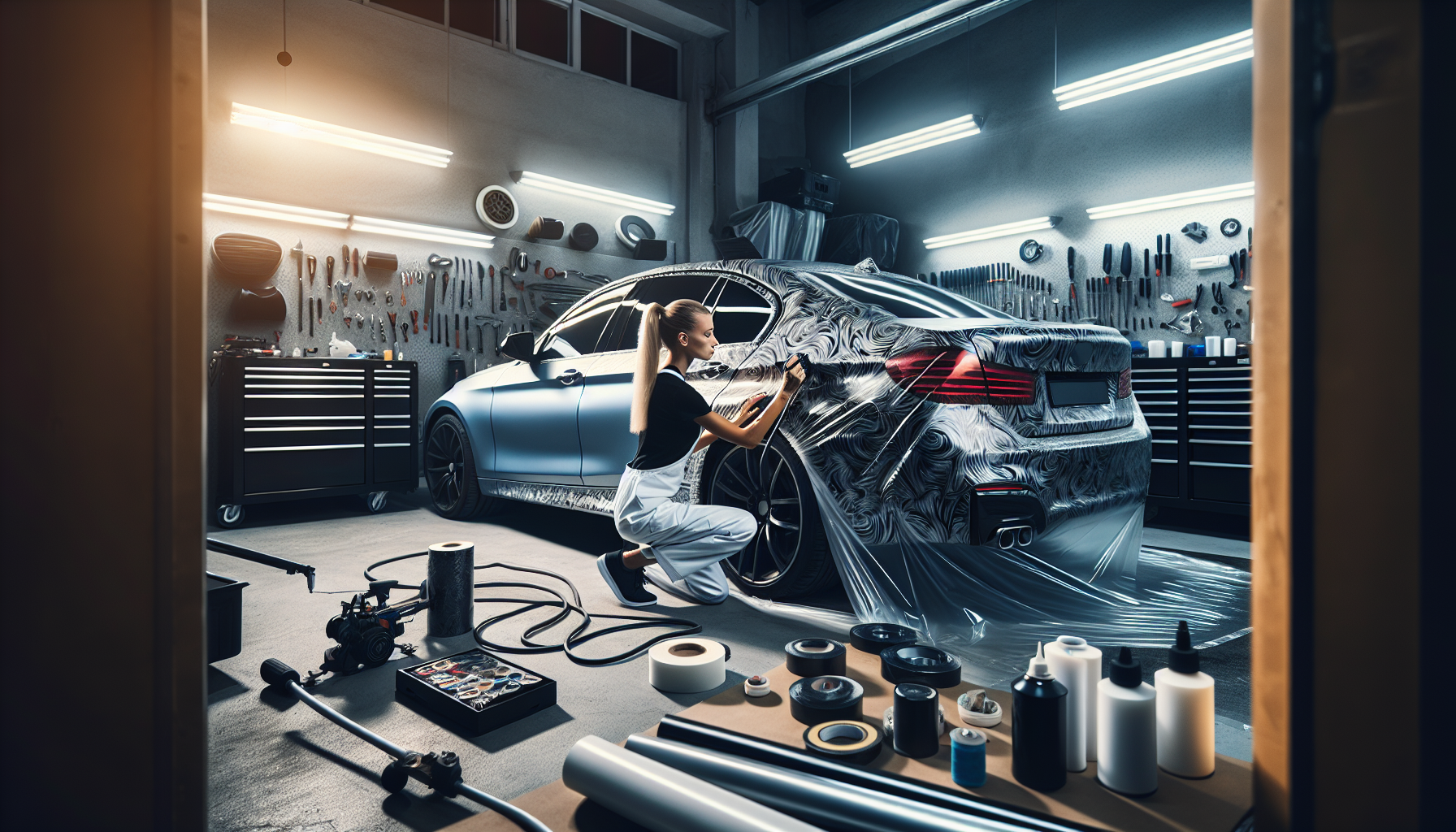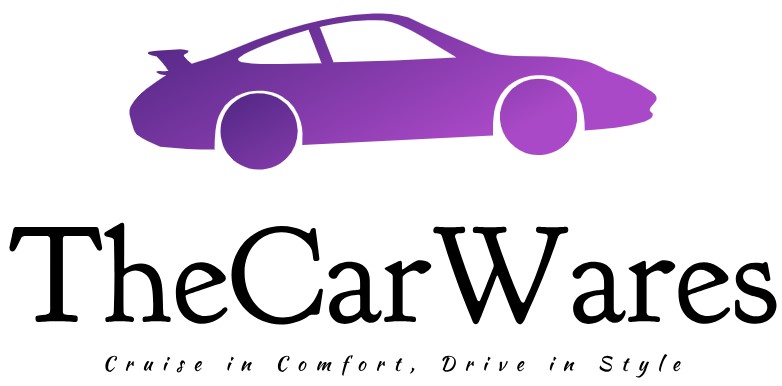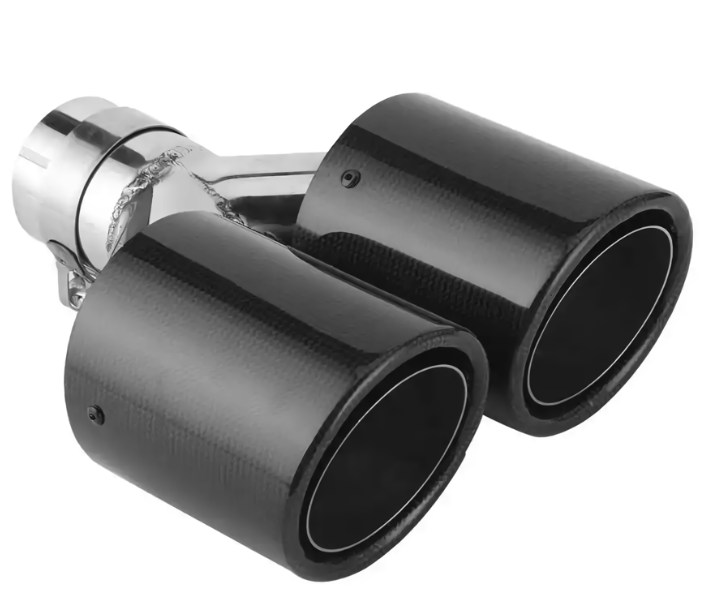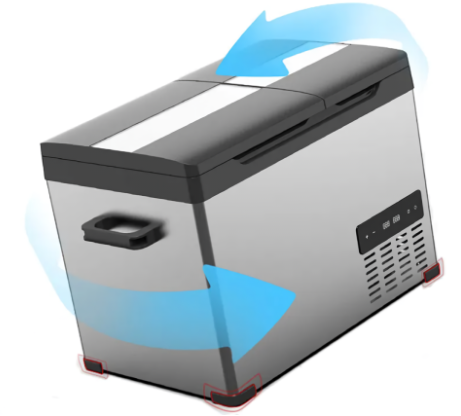Wrap Up Your Ride: A Guide to the Cost of Vinyl Car Wraps

Are you ready to give your vehicle a fresh new look? Vinyl car wraps are a popular and effective way to transform your ride’s appearance, but have you ever wondered how much it costs to wrap your entire vehicle? The cost of a full vehicle vinyl wrap can vary greatly depending on several factors, including the size and shape of your vehicle, the material quality and thickness, and the design complexity and customization.
In this article, we’ll delve into the world of vinyl car wraps and explore the key factors that affect the cost of wrapping your entire vehicle. From understanding the impact of vehicle size and shape to learning about the different types of vinyl wrap materials and their prices, we’ll cover it all. Whether you’re a car enthusiast or a business owner looking to create a mobile billboard, this article will provide you with a comprehensive guide to help you budget for a full vehicle vinyl wrap.
So, if you’re ready to give your vehicle a stunning new look without breaking the bank, keep reading to discover the ins and outs of vinyl car wrap costs and how to find a reputable and affordable shop to do the job. With the right information and a little planning, you can achieve a showroom-worthy look that turns heads on the road.
1. What Affects the Cost of Vinyl Car Wrap?
When it comes to wrapping your entire vehicle in vinyl, several factors come into play that affect the final cost. Understanding these key factors can help you budget accordingly and make informed decisions about your vehicle’s makeover. One of the most significant factors is the size and shape of your vehicle. The larger the vehicle, the more material and labor required, resulting in a higher cost. Additionally, vehicles with complex curves or irregular shapes may require more time and expertise to wrap, increasing the cost.
The quality and thickness of the vinyl wrap material also play a significant role in determining the cost. High-quality vinyl wraps with advanced features such as UV protection, durability, and conformability can be more expensive than basic materials. Furthermore, the design complexity and customization of the wrap can greatly impact the cost. Simple, solid-color designs are generally less expensive than intricate, multi-colored designs with complex graphics.
Other factors that can influence the cost of vinyl car wraps include the installation time and labor costs, shop rates, and expertise. Reputable shops with experienced installers may charge higher rates than inexperienced shops. Moreover, additional design elements, such as graphics, textures, or special effects, can increase the cost. By understanding these factors, you can make informed decisions and budget accordingly to achieve the desired look for your vehicle.
Vehicle Size and Shape
The size and shape of your vehicle are perhaps the most significant factors affecting the cost of wrapping. The larger the vehicle, the more material and labor required to cover its surface, resulting in a higher cost. For instance, wrapping a compact sedan will be less expensive than wrapping a large SUV or truck. The complexity of the vehicle’s shape also plays a crucial role in determining the cost. Cars with intricate curves, sharp edges, or unusual shapes require more time and expertise to wrap, increasing the cost.
Additionally, vehicles with multiple curves or surfaces, such as trucks with extended beds or vans with sliding doors, may require more material and labor to wrap, resulting in higher costs. On the other hand, vehicles with simpler shapes, such as a standard sedan or coupe, will be less expensive to wrap. Understanding the impact of your vehicle’s size and shape on the cost of wrapping can help you plan and budget accordingly.
It’s essential to note that while larger vehicles may be more expensive to wrap, the cost per square foot of material may actually decrease. This is because larger vehicles require more material, but the cost of the material per unit area is lower. A reputable wrap shop will take these factors into account and provide you with an accurate quote based on your vehicle’s unique dimensions and shape.
Material Quality and Thickness
The type and quality of vinyl wrap material used can significantly impact the cost of wrapping your vehicle. High-quality vinyl wraps are made from advanced materials that offer superior durability, conformability, and UV resistance. These premium materials are often more expensive than basic materials, but they provide a longer-lasting, high-gloss finish that resists fading and cracking. On the other hand, economy-grade materials may be less expensive, but they may not provide the same level of performance and appearance.
The thickness of the vinyl wrap material also plays a role in determining the cost. Thicker materials, often referred to as
Design Complexity and Customization
When it comes to vinyl car wraps, the design complexity and customization can greatly impact the cost of wrapping. Simple, solid-color designs are generally less expensive than intricate, multi-colored designs with complex graphics. The more complex the design, the more time and expertise required to create and install the wrap, resulting in a higher cost. Additionally, custom designs that require specialized software, equipment, or techniques, such as holographic effects or metallic finishes, can also increase the cost.
The level of customization also plays a significant role in determining the cost. For example, a wrap that requires a specific logo or branding may require more time and effort to design and install, increasing the cost. Furthermore, customizations that require special materials, such as reflective or glow-in-the-dark materials, can also add to the cost. On the other hand, pre-designed templates or stock graphics can be less expensive, but may not offer the same level of customization.
It’s essential to work with a reputable wrap shop to understand the design and customization options available and to discuss your budget and requirements. A skilled designer can work with you to create a custom design that meets your needs and budget, while also ensuring a high-quality, professional finish. By understanding the impact of design complexity and customization on the cost of wrapping, you can make informed decisions and achieve the desired look for your vehicle.
2. Average Cost of Vinyl Car Wrap Installation

When it comes to vinyl car wraps, the installation cost is a significant factor to consider. The average cost of a full vehicle vinyl wrap installation can vary greatly depending on several factors, including the size and complexity of the design, the type of vinyl material used, and the location of the wrap shop. On average, the cost of a full vehicle vinyl wrap installation can range from $1,500 to $5,000 or more, with the national average hovering around $3,000.
The installation cost is typically broken down into two components: labor and materials. The labor cost is dependent on the complexity of the design, the size of the vehicle, and the installer’s expertise. The material cost is dependent on the quality and type of vinyl material used. High-quality vinyl materials with advanced features such as UV protection and conformability can be more expensive than basic materials.
It’s essential to work with a reputable wrap shop to get an accurate estimate of the installation cost. Be sure to ask about the type of vinyl material used, the complexity of the design, and the installer’s expertise. A skilled installer can provide a high-quality finish and ensure a long-lasting wrap that meets your needs and budget. By understanding the average cost of vinyl car wrap installation, you can plan and budget accordingly to achieve the desired look for your vehicle.
Labor Costs and Installation Time
When it comes to vinyl car wraps, the labor cost and installation time are crucial factors that impact the overall price. The labor cost is dependent on the installer’s expertise, the complexity of the design, and the size of the vehicle. Skilled installers with extensive experience can command higher labor rates, while less experienced installers may charge lower rates. The installation time is also a significant factor, as more complex designs or larger vehicles require more time to install.
The installation time can range from a few hours to several days, depending on the complexity of the design and the size of the vehicle. On average, a simple design on a small vehicle can take around 2-3 hours to install, while a complex design on a large vehicle can take up to 5-7 days. The labor cost can range from $50 to $200 per hour, depending on the installer’s expertise and the location of the wrap shop.
It’s essential to work with a reputable wrap shop that provides a clear breakdown of the labor cost and installation time. Be sure to ask about the installer’s expertise, the complexity of the design, and the estimated installation time. By understanding the labor cost and installation time, you can plan and budget accordingly to achieve the desired look for your vehicle. A reputable wrap shop will provide a high-quality finish and ensure a long-lasting wrap that meets your needs and budget.
Shop Rates and Expertise
The experience and reputation of the wrap shop can significantly impact the installation cost of a vinyl car wrap. Reputable shops with experienced installers and a proven track record of high-quality work can command higher rates, while less experienced shops may charge lower rates. The expertise of the shop is critical in ensuring a high-quality finish and a long-lasting wrap that meets your needs and budget.
A reputable shop will have a team of skilled installers who have undergone extensive training and have experience working with various types of vinyl materials and designs. They will also have the necessary equipment and facilities to ensure a high-quality finish. In addition, a reputable shop will have a strong reputation in the industry, with positive reviews and testimonials from satisfied customers.
When choosing a wrap shop, it’s essential to research their experience and reputation. Look for shops with a proven track record of high-quality work, and read reviews and testimonials from satisfied customers. Be wary of shops that offer extremely low prices, as they may compromise on quality or use low-quality materials. By working with a reputable shop, you can ensure a high-quality finish and a long-lasting wrap that meets your needs and budget.
3. Factors That Can Increase Vinyl Car Wrap Costs
When it comes to vinyl car wraps, there are several factors that can increase the costs. One of the most significant factors is the complexity of the design. Intricate designs with multiple colors, patterns, and graphics can require more time and expertise to install, resulting in higher costs. Additionally, custom designs that require specialized software, equipment, or techniques can also increase costs.
Another factor that can increase costs is the type of vinyl material used. High-quality vinyl materials with advanced features such as UV protection, durability, and conformability can be more expensive than basic materials. Furthermore, specialized vinyl materials such as metallic, reflective, or glow-in-the-dark materials can also add to the cost.
Finally, additional design elements such as stripes, accents, or textures can also increase costs. These elements may require more time and expertise to install, and may also require specialized materials or techniques. By understanding these factors, you can plan and budget accordingly to achieve the desired look for your vehicle. A reputable wrap shop will work with you to understand your needs and budget, and provide a high-quality finish that meets your expectations.
Additional Design Elements and Features
Additional design elements and features can take your vinyl car wrap to the next level, but they can also increase the cost. Graphics, such as logos, emblems, or characters, can add a unique touch to your wrap, but they require specialized software and expertise to design and install. Textures, such as carbon fiber or brushed metal, can add a premium look to your wrap, but they require specialized materials and techniques.
Other design elements, such as stripes, accents, or patterns, can also increase the cost. These elements may require more time and expertise to install, and may also require specialized materials or techniques. For example, a wrap with a complex pattern may require a specialized printer or cutting machine to create the desired design.
It’s essential to work with a reputable wrap shop to understand how additional design elements and features can impact the cost. They will work with you to understand your needs and budget, and provide a high-quality finish that meets your expectations. By understanding the costs associated with additional design elements and features, you can plan and budget accordingly to achieve the desired look for your vehicle.
Specialized and Customized Vinyl Wrap Options
Specialized and customized vinyl wrap options can take your vehicle’s wrap to the next level, but they can also impact the price. High-tech vinyl wrap options, such as chrome, metallic, or reflective finishes, can add a premium look to your vehicle, but they require specialized materials and techniques. Additionally, unique vinyl wrap options, such as glow-in-the-dark or color-shifting materials, can add an extra level of customization to your wrap, but they may also increase the cost.
Another factor that can impact the price is the level of customization required. For example, a wrap with a intricate design or a custom pattern may require more time and expertise to design and install, resulting in a higher cost. Furthermore, specialized installation techniques, such as wrapping complex curves or surfaces, may also increase the cost.
It’s essential to work with a reputable wrap shop to understand how specialized and customized vinyl wrap options can impact the price. They will work with you to understand your needs and budget, and provide a high-quality finish that meets your expectations. By understanding the costs associated with specialized and customized vinyl wrap options, you can plan and budget accordingly to achieve the desired look for your vehicle.
4. Conclusion: Budgeting for a Full Vehicle Vinyl Wrap
In conclusion, budgeting for a full vehicle vinyl wrap requires careful consideration of several key factors. From the size and shape of your vehicle to the type and quality of vinyl wrap material, every detail can impact the final cost. By understanding the factors that affect the cost of a vinyl wrap, you can make informed decisions and plan accordingly to achieve the desired look for your vehicle.
When budgeting for a vinyl wrap, it’s essential to consider the design complexity, material quality, and installation expertise. Additional design elements, such as graphics or textures, can also increase the cost. Furthermore, specialized vinyl wrap options, such as chrome or metallic finishes, can add an extra level of customization to your wrap, but may also increase the cost.
By understanding the key factors that affect the cost of a vinyl wrap, you can budget accordingly and achieve the desired look for your vehicle. Remember to work with a reputable wrap shop to ensure a high-quality finish that meets your expectations. With careful planning and consideration, you can transform your vehicle with a stunning vinyl wrap that turns heads on the road.
Estimating the Total Cost of Vinyl Car Wrap
Estimating the total cost of vinyl car wrap can seem daunting, but with our tips, you can get a accurate estimate of the cost of wrapping your vehicle. First, consider the size of your vehicle. Larger vehicles require more material and labor, resulting in a higher cost. Next, think about the complexity of the design. Simple designs with a few colors and minimal graphics are less expensive than intricate designs with multiple colors and complex graphics.
Another factor to consider is the type and quality of vinyl wrap material. High-quality materials with advanced features such as UV protection and durability are more expensive than basic materials. Additionally, the installation expertise and reputation of the wrap shop can also impact the cost. Reputable shops with experienced installers may charge higher rates than inexperienced shops.
By considering these factors, you can estimate the total cost of wrapping your vehicle. On average, the cost of a vinyl car wrap can range from $500 to $5,000 or more, depending on the size of the vehicle, complexity of the design, and quality of the material. By working with a reputable wrap shop and providing them with accurate information about your vehicle and design, you can get a precise estimate of the total cost and plan accordingly.
Finding a Reputable and Affordable Shop
Finding a reputable and affordable shop to wrap your vehicle can be a daunting task, but with a few simple steps, you can find a reliable shop that fits your budget and meets your needs. First, ask for referrals from friends, family, or coworkers who have had a positive experience with a wrap shop. You can also check online reviews and ratings to get an idea of the shop’s reputation and customer satisfaction.
Next, research the shop’s credentials and experience. Look for shops that are certified by professional organizations or have a proven track record of successful wraps. It’s also important to check the shop’s portfolio and ask to see examples of their previous work. This will give you an idea of their design style and quality of work.
Finally, get quotes from multiple shops and compare their prices and services. Be sure to ask about any additional costs or fees, and find out what is included in the price of the wrap. By doing your research and taking the time to find a reputable and affordable shop, you can ensure that your vehicle gets the best possible wrap at a price that fits your budget.
What is the average cost of a vinyl car wrap?
The average cost of a vinyl car wrap can range from $500 to $5,000 or more, depending on the size of the vehicle, complexity of the design, and quality of the material.
How long does a vinyl car wrap last?
A high-quality vinyl car wrap can last up to 5-7 years, depending on the material and environmental conditions.
Can I wrap my vehicle myself?
While it’s possible to wrap your vehicle yourself, it’s recommended to hire a professional wrap shop to ensure a high-quality finish and avoid damages to your vehicle.
How do I maintain my vinyl car wrap?
To maintain your vinyl car wrap, wash your vehicle regularly, avoid using harsh chemicals, and park in the shade to prevent fading.
Can I remove my vinyl car wrap?
Yes, vinyl car wraps can be removed, but it’s recommended to hire a professional to avoid damaging your vehicle’s paint.


